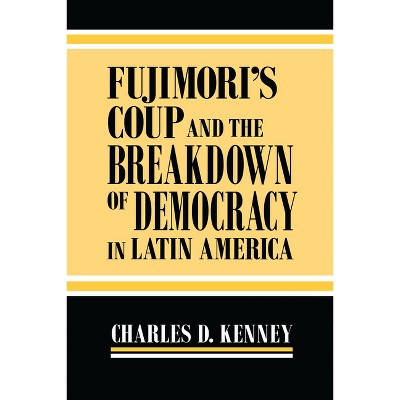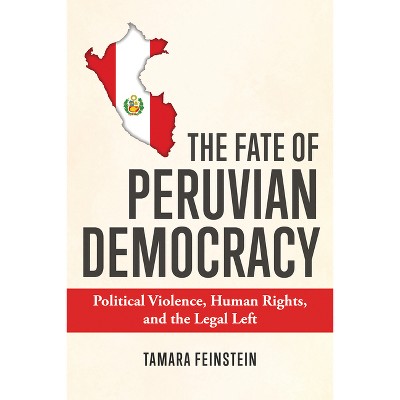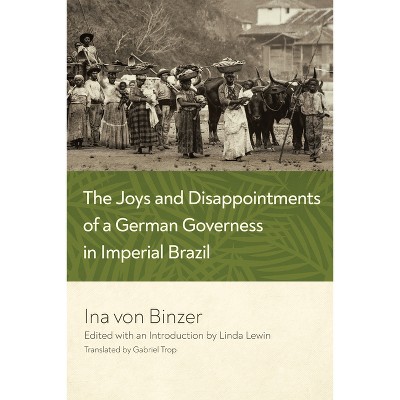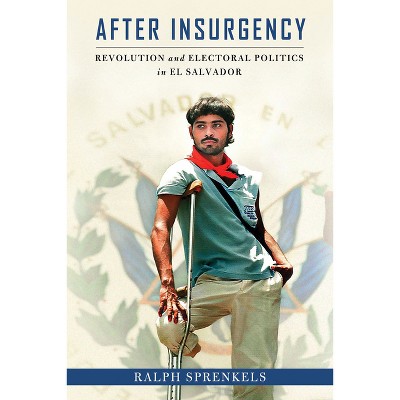About this item
Highlights
- Colonial Loyalties is an insightful study of how Lima's residents engaged in civic festivities in the eighteenth century.
- About the Author: María Soledad Barbón is an associate professor of comparative literature at the University of Massachusetts, Amherst.
- 264 Pages
- History, Latin America
Description
Book Synopsis
Colonial Loyalties is an insightful study of how Lima's residents engaged in civic festivities in the eighteenth century. Scholarship on festive culture in colonial Latin America has largely centered on "fiestas" as an ideal medium through which the colonizing Iberians naturalized their power. María Soledad Barbón contends that this perspective addresses only one side of the equation.
Barbón relies on unprecedented archival research and a wide range of primary sources, including festival narratives, poetry, plays, speeches, and the official and unofficial records of Lima's city council, to explain the level at which residents and institutions in Lima were invested in these rituals. Colonial Loyalties demonstrates how colonial festivals, in addition to reaffirming the power of the monarch and that of his viceroy, opened up opportunities for his subjects. Civic festivities were a means for the populace to strengthen and renegotiate their relationship with the Crown. They also provided the city's inhabitants with a chance to voice their needs and to define their position within colonial society, reasserting their key position in the Spanish empire with respect to other competing cities in the Americas.
Colonial Loyalties will appeal to scholars and students interested in Latin American literature, history, and culture, Hispanic studies, performance studies, and to general readers interested in festive culture and ritual.
Review Quotes
"Dedicated to the study of the royal festivities in Lima between 1701 and 1790, with an epilogue that extends the analysis until the transition to the republic, Colonial Loyalties constitutes a comprehensive study of the discursive corpus that surrounded these events during what is called the extended century XVIII." --Colonial Latin American Review
"This book explores the world of civic festivals in Bourbon Lima, which consolidated Hispanic monarchical power and helped counter social uprisings. . . .an interesting approach to the study of agency in colonial festivals." --Hispanic American Historical Review
"This study is an outstanding contribution to the burgeoning field of festival studies, and it shows just how rich the colonial Latin American context is for exploring some of the main issues that animate the field. . . .It strikes the right balance between attention to the continuities in festive practices and discourses and an analysis of how they evolved." --The Americas
"This important book is a valuable contribution to the growing field of the history of early eighteenth-century Spanish political culture and its renewed focus on the connections between the Baroque and the Age of Revolutions. Barbón's study has greatly enriched our understanding of the symbolic political economy of loyalty in the Spanish Empire." --Bulletin of Latin American Research
"Colonial Loyalties is rigorously researched and elegantly conceived, and I learned a great deal in reading it. It is a profound analysis of viceregal celebrations in honor of the Spanish monarchs that breaks new ground. By focusing intently and equally on the textual, performative, and material dimensions of such vehicles of loyalty, María Soledad Barbón gives the genre its just due." --Ruth Hill, Andrew W. Mellon Chair in the Humanities, Vanderbilt University
"Colonial Loyalties: Celebrating the Spanish Monarchy in Eighteenth-Century Lima makes a fascinating and original contribution to the field of colonial Spanish-American studies and a number of related disciplines. The questions the book raises about the performance of loyalty and the politics of praise in an evolving context of viceroyalty, empire, and nation are compelling and timely. María Soledad Barbón uses both canonical authors and previously overlooked archival materials and primary sources to make her argument that Lima's residents used civic festivities to further their own agendas in ways that reflect both local and imperial realities." --Karen Stolley, Emory University
About the Author
María Soledad Barbón is an associate professor of comparative literature at the University of Massachusetts, Amherst.











